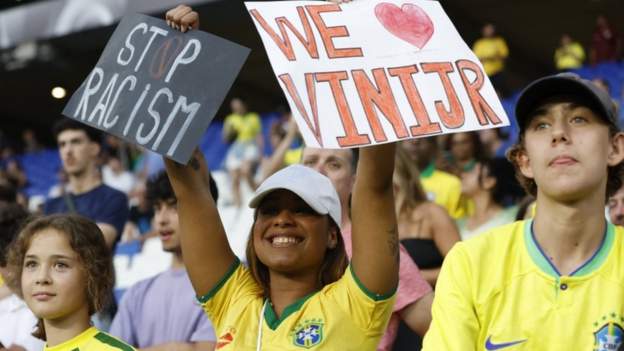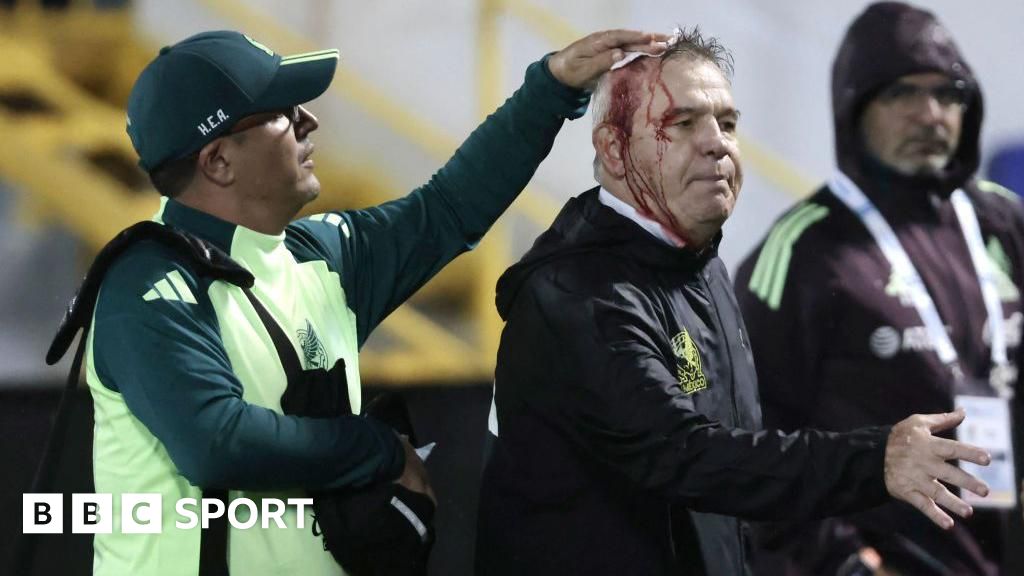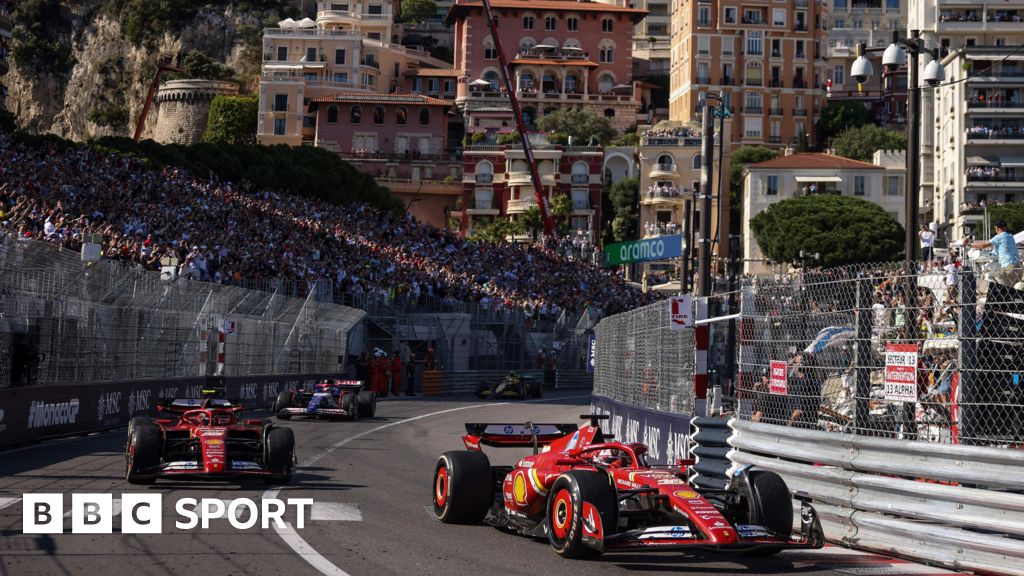Former world number one Simona Halep has accused tennis’ doping authority of “publicly stating one thing while privately doing another” by requesting a further delay to her hearing.
The Romanian, 31, has been suspended since October after testing positive for a banned substance at the US Open.
The second charge is separate to the one for which she is already suspended.
In a statement on Twitter, 2019 Wimbledon champion Halep said the International Tennis Integrity Agency (ITIA) had requested a third delay.
Halep, who denies the charges, said she was “extremely shocked and disappointed by the ITIA’s attitude”.
“While the ITIA via their representative Nicole Sapstead was publicly stating three days ago that the ITIA ‘has remained committed to engaging Mrs Halep in an empathetic, efficient and timely manner’, they were at the same time officially requesting the tribunal to delay my hearing… for the third time,” Halep said.
“The ITIA publicly states one thing while privately doing another, I have repeatedly asked for my hearing and the ITIA has repeatedly sought to delay it.
“When is it going to stop? I ask the question once again. I am entitled to a quick hearing. Acting this way is contrary to my rights.”
Halep’s coach, Patrick Mouratoglou, said the ITIA had played a “double game” from “day one”.
An ITIA spokesperson said: “We have proposed that both charges are heard together to avoid multiple hearings. To do this, we wish to provide all parties (including the independent tribunal) sufficient time to consider the significant materials associated with the latest charge.
“Ultimately it is a decision for the independent tribunal. Ms Halep also has the opportunity to make her representations to them.”
Halep’s suspension last year was imposed after she tested positive for roxadustat, an anti-anaemia drug which stimulates the production of red blood cells in the body. She denies knowingly taking the banned substance.
The investigations into failed tests by the ITIA are often complex, particularly when a player denies taking a substance knowingly.
It is not uncommon for cases to take months to be resolved.
In such cases, a player can produce evidence to disprove or mitigate the failed test. This would bring further investigation and testing by the ITIA, leading to the process being further extended.





















